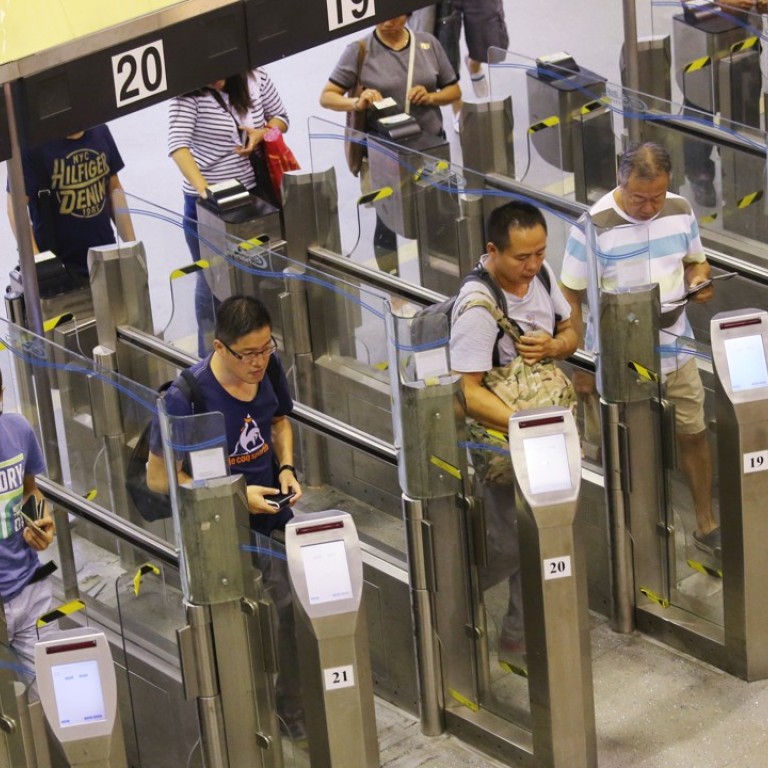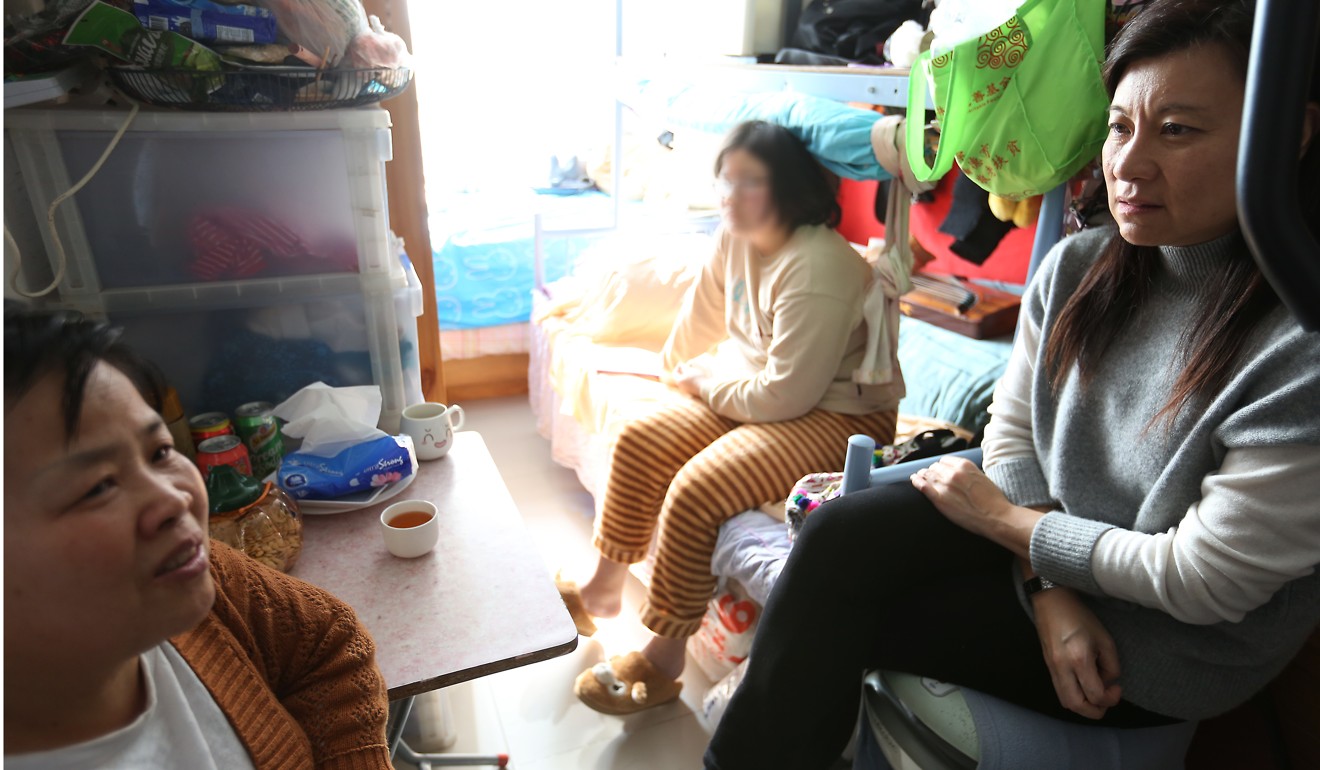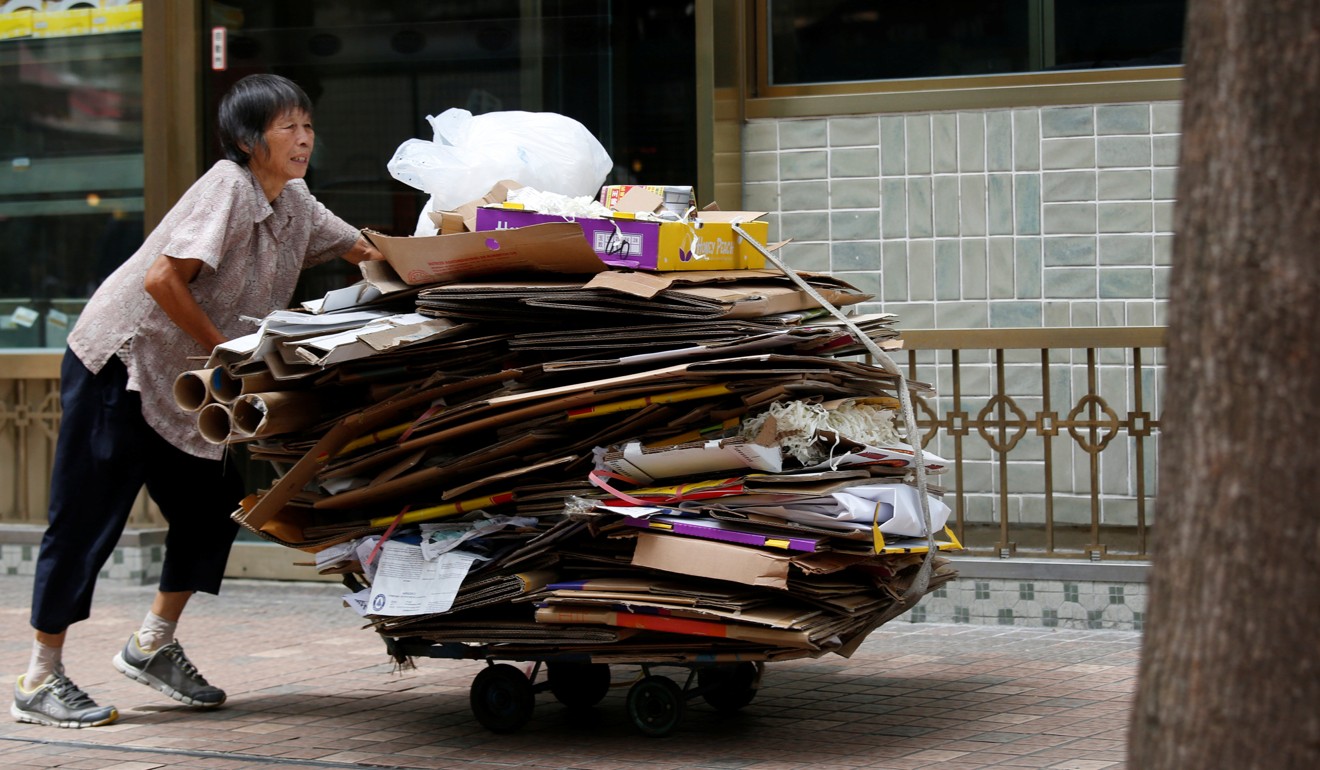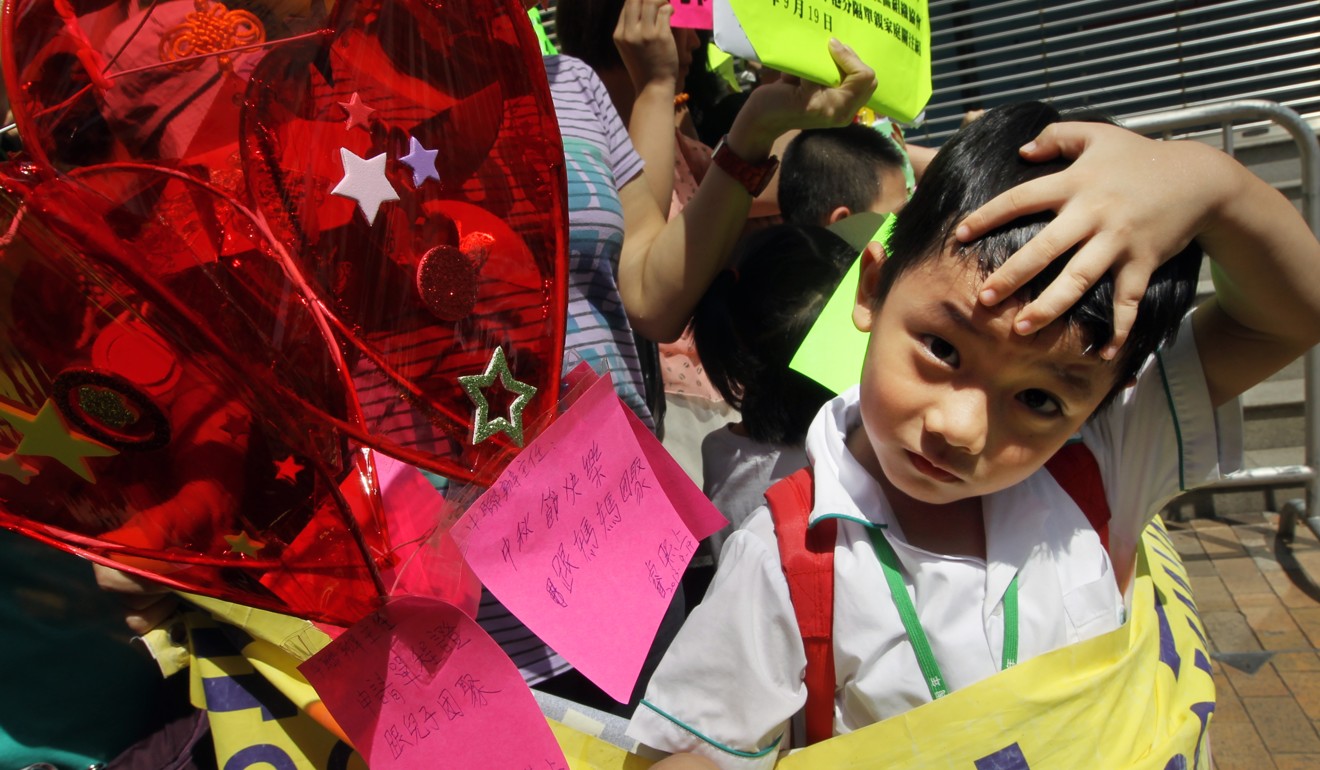
Ageing Hong Kong must welcome one-way permit holders from mainland China
Paul Yip says hurtful comments about mainland migrants ignore the fact that they boost the city’s work force. The government must offer better support to dispel the idea that they are a drain on social security or adding to the housing crisis
Some recent comments in Hong Kong on one-way permit holders from mainland China have been disturbing and ill-intentioned. The permit is a migration scheme that allows mainland citizens to rejoin their family members in Hong Kong. The daily quota was increased from 75 in 1983 to 105 in 1993, and then to 150 in 1995. The gradual increase was in response to the increasing number of cross-border marriages, so that spouses and children could be reunited in Hong Kong.
First of all, any responsible government would remove barriers for facilitating family reunions. The family is the core building block of any society. Nonetheless, we do need to regulate the flow of new arrivals into Hong Kong without jeopardising the quality of life here.

High living costs and lack of childcare leave many single mothers trapped in social security
So far, the waiting time for families has been reduced from more than five years to about three years. The vetting system, still controlled by the mainland government, has also become more transparent. Moreover, spouses are also able to enter Hong Kong on a different visa for temporary stays.

HK$2.5 billion spent on social security for new Hong Kong immigrants in past three years
[Migrants] have become the main human capital source for low-skilled jobs
Further, among households waiting for public housing, only 15 per cent have one-way permit holder members. They are not the ones making homes unaffordable in Hong Kong – rather, it is the insufficient supply of land, and many conflicting interest groups driven by greed and selfishness.
The attitude of Hong Kong people towards one-way permit holders is indeed very complex. If they had not come, the city would have entered a depopulation phase years ago, and some schools would have folded up long ago. But, if there are too many, they are competing for school places with local children.

‘Different crowd’ of mainland immigrants fill Hong Kong’s talent gap
The government should have more accurate information about such families to help them to settle down in Hong Kong. The aim should be to facilitate the functioning of these households, such that they can be independent, and not have to rely on government aid. Unfortunately, the last 20 years have shown that there is much room for improvement among government bureaus in providing holistic support to these new migrants. Most of them would become effective members of the community in no time at all, if they were better supported. They would then become a producer rather than just a consumer in our society.
Both one-way permit holders and the local population need each other to build a better life in Hong Kong. Sometimes, it is the mindsets and prejudices that prevent Hong Kong from becoming a better place for everyone. It is important to set the record straight and set the facts right, so that rumours, distrust, discrimination and even some intentional hatred towards mainland migrants can be wiped out.
Paul Yip is chair professor of social work and social administration at the University of Hong Kong

